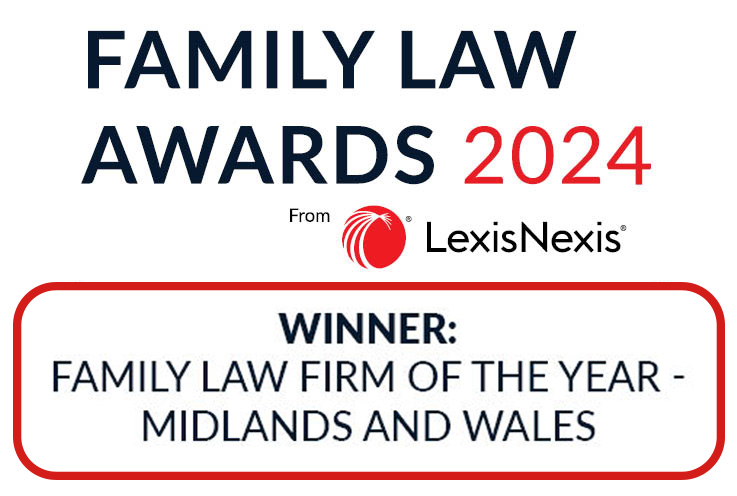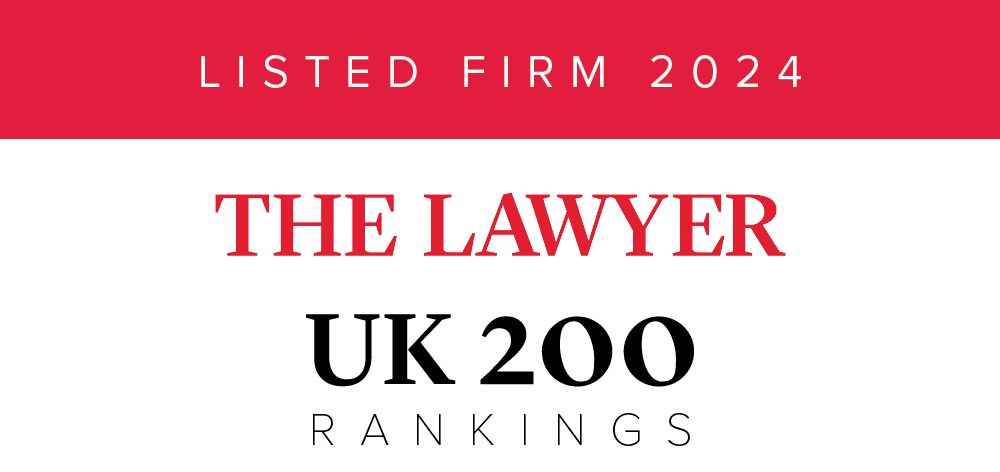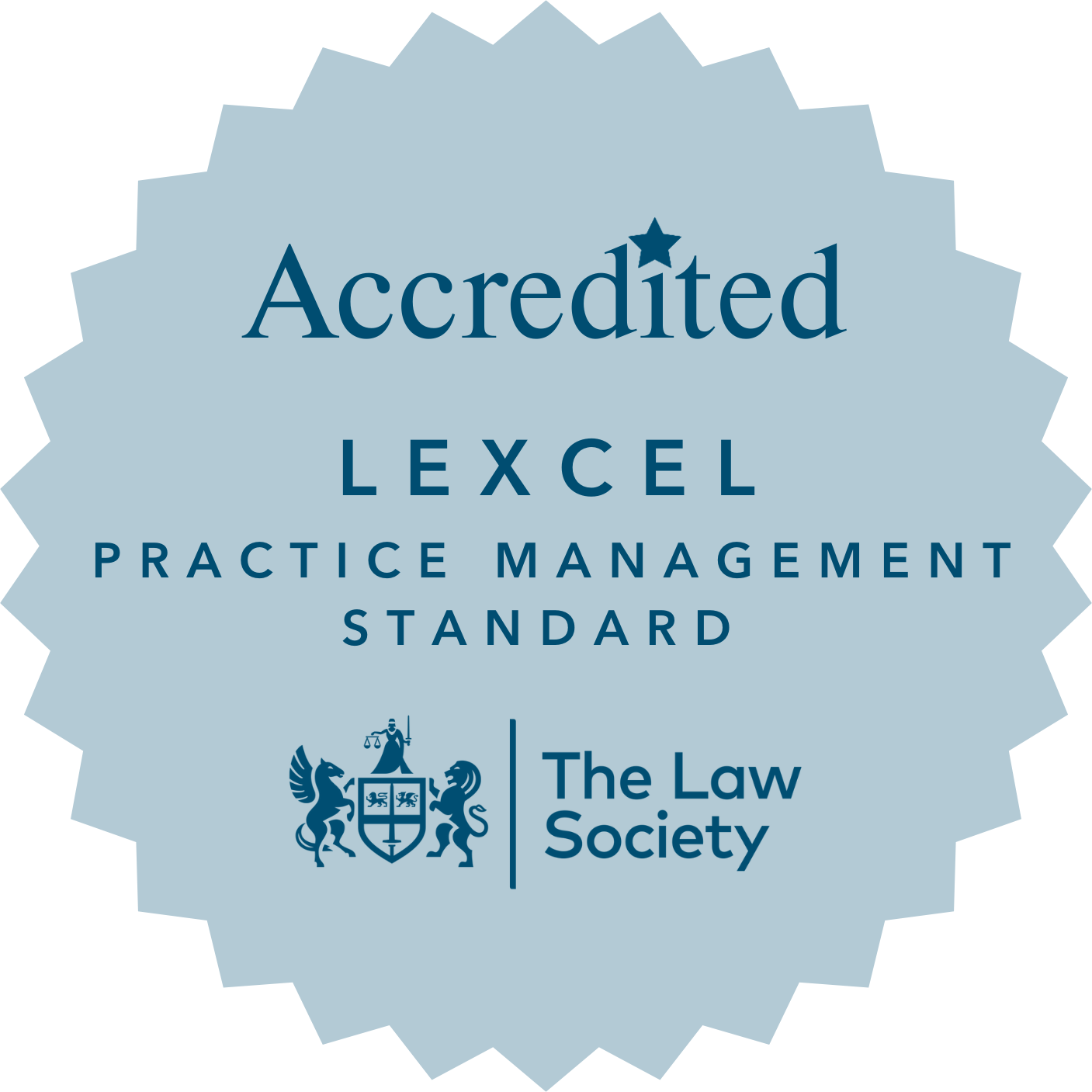Funding Options for Employees
Paying Privately on a Standard Hourly Rate Basis
This is the most common arrangement between client and solicitor is a private client retainer, whereby the client agrees to pay for work carried out on their behalf on a standard hourly rate basis.
A clear and detailed estimate of costs will be provided at the start of your case and financial limits and budgets will generally be agreed.
This is the best option if none of the alternative options listed below are available to you or are suitable.
Damages Based Agreement (DBA)
A DBA is a “No win, no Fee” arrangement, under which the Solicitor will take a percentage of your compensation or settlement monies as their fee. In the event that your claim is not successful, the Solicitor will generally not be entitled to be paid.
When taking on a case under a DBA the Solicitor will be taking a risk that they may not be paid because your claim may not be successful. There are various reasons why a Solicitor may not wish to enter into a DBA for example, the Solicitor will sometimes decline to take on a case under a DBA if the prospects of success are poor (ie. that it has less than a 51% or more chance of being successful) or the potential value of your claim if you win is disproportionate to the cost of bringing the case.
Legal Expenses Insurance (LEI)
LEI is where an Insurer pays the Client’s legal fees and it is often included as part of a household or motor insurance policy. It usually covers legal fees and disbursements up to a specified limit incurred in bringing an employment claim. This type of Legal Expense Insurance, taken out before a dispute arises, is known as “Before the Event” (BTE) Insurance.
The Insurer will usually be able to refuse to cover your case if it has poor prospects of success (ie. that it has less than a 51% or more chance of being successful) or the potential value of your claim if you win is disproportionate to the cost of bringing the case.
Insurers will sometimes want to allocate a Panel Solicitor for you. However, once your case has been presented to an Employment Tribunal, you do have the legal right to choose your own solicitor. If you want to choose your own Solicitor before proceedings are commenced, it is sometimes to possible to persuade your Insurer to let you do this.
Trade Union Funding
Trade Unions typically provide legal advice and support to their employee members, often for no charge, depending on the nature of the dispute.
Equality and Human Rights Commission
Funding for discrimination claims may be available from the Equality and Human Rights Commission (EHRC) in limited circumstances. The EHRC has its own funding criteria which vary from time to time. Cases will usually need to set a precedent for the greater benefit of particular classes of employees before they can attract support from the EHRC.




















